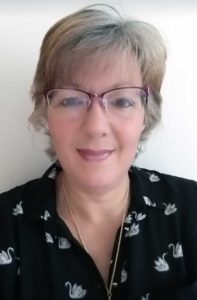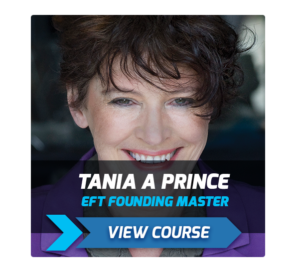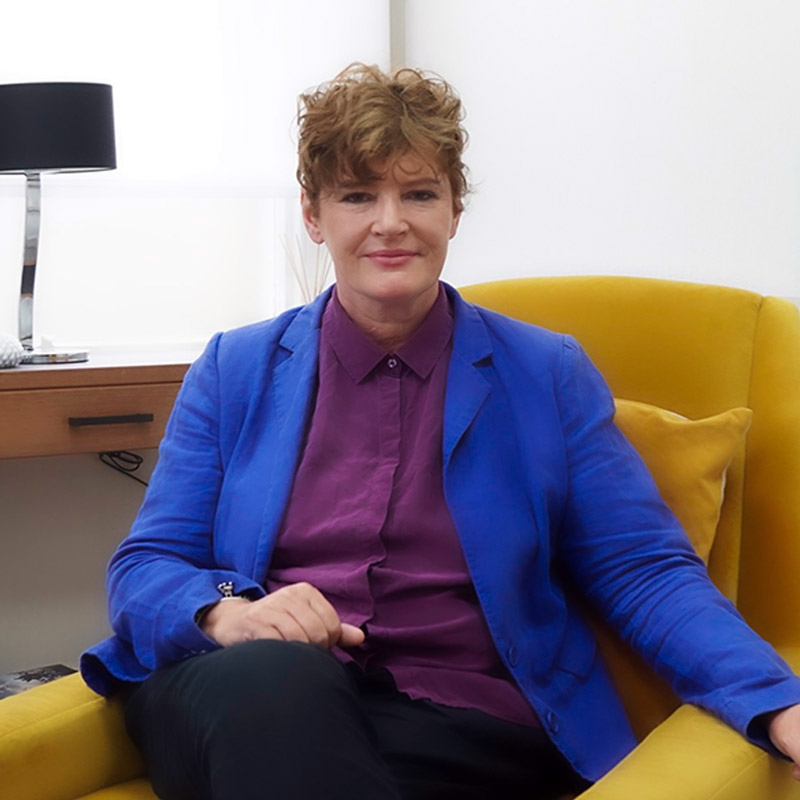How EFT Informs My Practice as a Counsellor

I have been a counsellor for 20 years, so have a lot of experience in the ‘talking therapy’.
How do counsellors incorporate EFT into their counselling practice? Below Anne Parsonage talks about how she uses it.
Whilst I originally trained as a person-centred counsellor, I have worked with developmental trauma and attachment for 15 years and have built up my own bag of tools that I incorporate into the therapy session from various other models of therapy. I undertook EFT Training Level 1 and 2 in February 2019 so therefore am currently gathering my case studies in order to be able to qualify as an EFT Practitioner. I use the EFT as a tool within my counselling sessions and would suggest that this is how I will continue, even when qualified, unless they come specifically wanting a stand-alone EFT session.
In my therapy sessions I will start off listening to the client and exploring issues with them in the first session. I have not generally immediately used the EFT but have taken information shared by the client and spent time considering if EFT is the right tool to use and, if so, how I would incorporate it into the session, looking at what issue/s I would focus on and which technique within the EFT I would use. I choose to spend the first session listening and exploring, as being a student EFT practitioner I want to ensure I use the tool in the best possible way that would best serve the therapeutic process, rather than rushing in and perhaps not working on the right issue for the client. I know that I can have the tendency to want to rush in and “fix” whatever issue is being raised in the therapy session and by not rushing in at the first session, this helps me to be patient and allow the process to happen more naturally. With some of the clients where I have used EFT in the subsequent sessions, I have then emailed an EFT diagram of the tapping points and shown them how to use it on themselves and in what sort of situations would be beneficial. This is about empowering them to take some responsibility for their therapeutic process, which in turn will facilitate a more healthy progress.
 I am aware that EFT is a powerful tool and for some clients, this may be the first time they have talked about things that have happened in their past, and in conjunction with the EFT, there may be too much progress in too short a time which can raise memories and feelings that they are not ready to work on. Some of my adult clients have emotional issues from as far back as childhood and need to process things at a slow rate at first, whilst they get used to the feelings and memories that are coming up. I have discussed this in supervision and talked about using the “Putting a Lid on” technique. At the end of the session I ask the client to visualise putting the emotional issues and memories in a box and putting a lid on the box. They can use whatever type of box and lid they want, and however they want to fasten the lid down.
I am aware that EFT is a powerful tool and for some clients, this may be the first time they have talked about things that have happened in their past, and in conjunction with the EFT, there may be too much progress in too short a time which can raise memories and feelings that they are not ready to work on. Some of my adult clients have emotional issues from as far back as childhood and need to process things at a slow rate at first, whilst they get used to the feelings and memories that are coming up. I have discussed this in supervision and talked about using the “Putting a Lid on” technique. At the end of the session I ask the client to visualise putting the emotional issues and memories in a box and putting a lid on the box. They can use whatever type of box and lid they want, and however they want to fasten the lid down.
EFT can be used to look at something that the client finds it too difficult to talk about, and there are a couple of techniques within EFT that can be used to help a client to remove the intensity of the feeling or release the emotional block that is getting in the way of exploring the issues. Once this has been done, we can then carry on doing the basic ‘talking therapy’ as the intense feelings around the emotional issue have reduced.
From a personal development point of view, it is said we always get the clients that we need, to enable us to explore our own issues that arise during the therapy sessions, ensuring at the same time we do not get caught up in transference and counter-transference problems. Therefore using EFT within a therapy session does have an impact on myself as a counsellor as I also benefit from the tapping that is occurring and some of the words that are being said.
Anne Parsonage, Counsellor
Tania A Prince
I am an EFT trainer and Founding Master with over eighteen years of experience training people to become EFT therapists. My training courses take people from beginner stages to EFT Practitioners to Advanced EFT practitioner’s levels and beyond to master trainer level. I provide the complete training package to my students. I run my UK training courses primarily from Central Manchester and North Cheshire in England. I also train internationally. Please feel free to join me on Facebook and send me a connection request on Linkedin

General Enquiries for EFT:
If you have any enquiries about Tania’s EFT Courses, please fill in the contact form below and let Tania know the best way to contact you and when you will be available.
